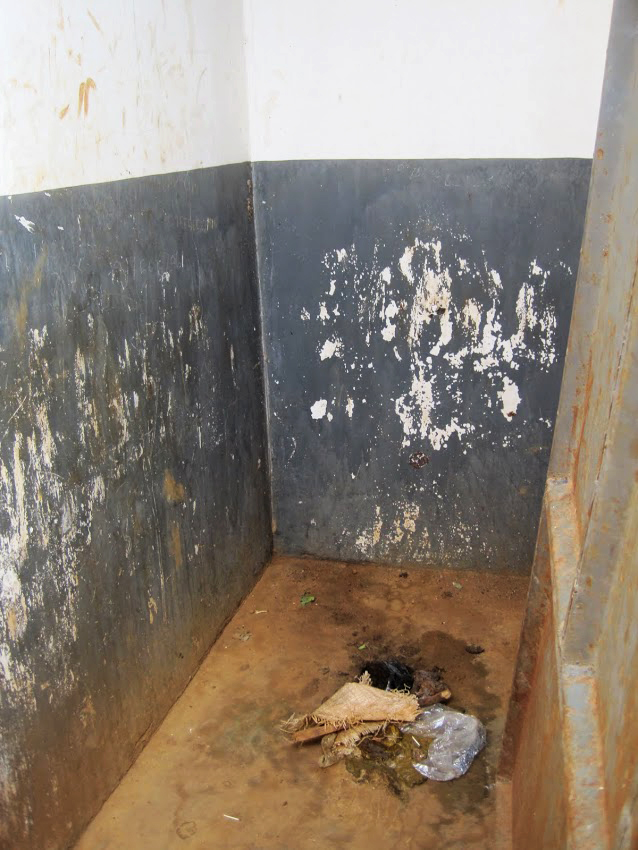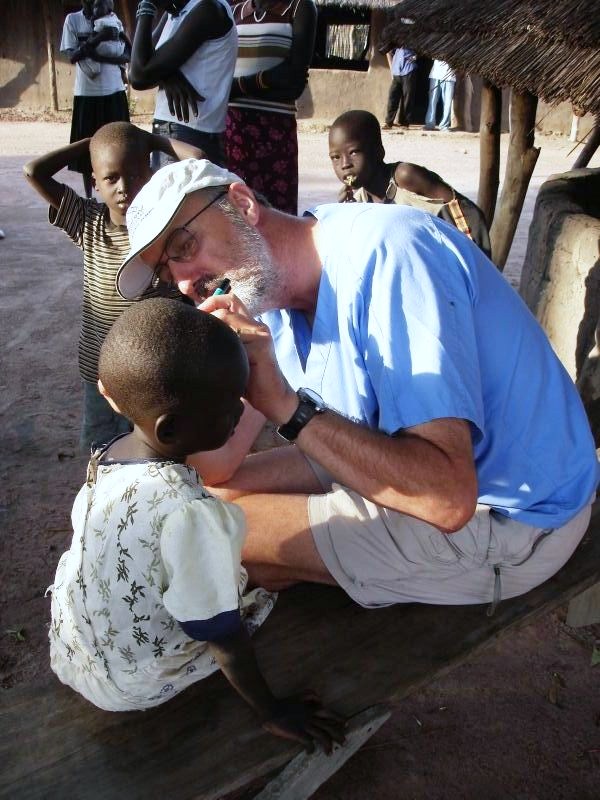Project Results
Evaluation of Ecosan and Pour-flush toilets in Las Mercedes, Honduras
Kristen Check Caroline Kostyla
Other
About This Project
The project includes construction of 80 household latrines in two Honduran communities. In the pilot we are conducting baseline surveys with families on sanitation and hygiene practices, authoritative sources of knowledge, and what factors they consider important in their toilet. This will help development practitioners to understand the risks and success indicators for ecological models of sanitation.
Ask the Scientists
Join The DiscussionWhat is the context of this research?
Technology exists to recycle human feces into fertilizer, a method that in developing countries remains controversial. UK researchers have proposed that such technology comes with a health risk warning while other anecdotal evidence suggests potential widespread acceptance and application (WELL Briefing Note 27, Loughborough University). Rotary Club US has funded a sanitation project in two adjacent rural communities in Honduras and Water Missions International has been asked to execute the engineering, planning, and installation of this project along with a water treatment facility. This represents a rare opportunity to study social, technical, and health-related issues in household-level sanitation technology.
What is the significance of this project?
Hundreds of nonprofit, non-governmental, and governmental institutions continue to struggle with providing safe disposal of human feces. Composting toilets appear to offer an option which could be key to achieving one of the World Health Organization's Millennium Health Goals (Target 7.C). Many similar efforts have failed for a variety of ecological, sociological, and technical reasons. To date, no one has studied the relative value of installing traditional toilets versus composting or recycling toilets. This project represents a rare opportunity to do so. The data will assist relief organizations in selecting culturally appropriate technology: potentially saving money, lives, and reducing the environmental impact of managing human feces.
What are the goals of the project?
Our goal is to clearly identify cultural, technical, and health-related barriers to recycling human waste products. We will provide answers to the following questions:
- Can human waste be safely recycled in rural areas of developing countries?
- What cultural barriers exist to such technologies?
- Are there health risks associated with recycling human waste? If so, how can they be avoided?
- What are some potential indicators of success for households which receive ecological sanitation toilets?
Budget
Water Missions International, a water engineering non-profit organization, seeks to obtain additional funding for a research study to complement a Rotary-funded community development project.
Funds are needed to cover in-country research personnel costs such as hiring local research assistants and translators, traveling to field sites, and local materials costs for paper, printing, and transcription.
All backers will be given updates via Lab Notes where they can interact with the research team, track the project's progress via photos and videos, and see maps and reports. In addition, backers at the following levels will receive:
- $40 level: Webinar with Dr. Deal and Kristen Check to discuss preliminary results of the project.
- $120 level: One-on-one skype conversation with research team.
- $300 level: Personal tour and private meeting at the WMI Headquarters in Charleston, SC, USA with research team and lunch with WMI staff (regional backers only).
Meet the Team
Team Bio
Kristen Check is Research Manager for Water Missions International and is an anthropologist by training. She received her MA in Anthropology from the University of South Carolina and BS from the University of Wisconsin. Her experience has primarily been in East Africa, where she has conducted research on post-conflict relief and development activities in internal displacement camps in northern Uganda, and on water and sanitation issues along Lake Victoria.
Facebook: https://www.facebook.com/kristen.wolf
Instagram: https://instagram.com/kristen_check/
Twitter: https://twitter.com/kristenchecksc
Dr. Jeffery Deal is Director of Health Studies for Water Missions International and is an adjunct professor of anthropology for the College of Charleston. In addition to writing fiction, his previous publications span the fields of microbiology, anthropology, and surgery.
Facebook: https://www.facebook.com/jeffldeal
Website: http://amazon.com/author/jefferydeal
Twitter: https://twitter.com/drjeffdeal
Press and Media
Follow Water Missions on Social Media
https://www.facebook.com/WaterMissions
http://instagram.com/watermissionsinternational
https://twitter.com/watermissions
Media on our Latrine Projects
Water Missions International Field Notes Blog: 5 Global Sanitation Truths You Might Not Know
Water Missions International Field Notes Blog: Truth About Toilets
Engineering for change: Composting latrine vs. flush toilet: A crowd-funded study
Additional Information

Typical latrine in the developing world.
Access to safe water and sanitation is crucial for the development of children all over the world, especially in rural Honduran communities.
A Honduran family next to their newly-constructed latrine.

Director of Health Impact Studies, Dr. Jeffery Deal, treating children at his clinic in South Sudan. Many children contract diseases as a result of lack of proper sanitation, hygiene or consuming contaminated water or food.
Research Manager Kristen Check interviewing community members on their water, sanitation, and hygiene practices in Uganda. Ethnographic research, such as that proposed in this project, can help to illuminate individual behaviors and beliefs relating to public health issues.
Project Backers
- 25Backers
- 100%Funded
- $2,241Total Donations
- $89.64Average Donation




